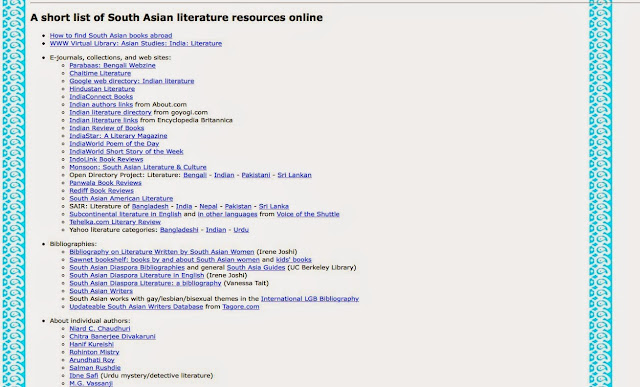Today I would like to highlight Milena Dobreva's presentation, "Overview of Computer Supported Medieval Slavic Manuscript Studies in Bulgaria," from the 1999 ACH-ALLC Digital Humanities conference. Dobreva is currently an Associate Professor in the Department of Library Information and Archive Sciences at the University of Malta.
In her presentation abstract Dobreva points to the robust and rich heritage of medieval Slavic manuscripts, but bemoans the limitations hampering digitization efforts. Dobreva highlights two crucial issues with which we in digital humanities continue to struggle:
- Encoding standards that are narrow in cultural interpretation
- The inequitable funding of digitization projects, particularly in developing countries
Dobreva writes:
"The difficulties in creating widely accepted encoding standard are caused by several reasons:
- The sets of graphemes appearing in different manuscripts are different. In some cases the difference of graphemes represents character differences; in other cases these were variants of the same character.
- The encoding of specific textual features (e.g. superscript, subscript, inscript letters and abbreviations) is still debatable. Some of the specialists insist on encoding normalized texts where all these features disappear. For others, the encoding of the text in a form, which represents the original as close as possible, is a must. But even if we have a satisfactory encoding standard, we will need to build tools enabling search within encoded texts. The 'normalization' approach leads to better solution of the problem with text search, paying the price of data loss" (Overview).
The flattening in the treatment of cultural materials leads to what Dobreva rightly calls "data loss," the loss of the robustness of such materials. While we have continually expanded our treatment of encoding Dobreva's 1999 argument remains relevant. How do we represent a complex cultural heritage within the binary of computer code?
Dobreva ends her abstract by noting, "Real digitization work [of Bulgarian manuscripts] is still not undertaken. This can be explained with the economic difficulties of the Bulgarian institutions working in the field of medieval manuscript heritage" (Overview). Unfortunately we have not found a way to resolve or even minimize the discrepancies in funding that drive certain cultural heritages to be underrepresented in digital collections. Dobreva's prescient concerns remain central to the work we must continue to undertake in digital humanities.

















